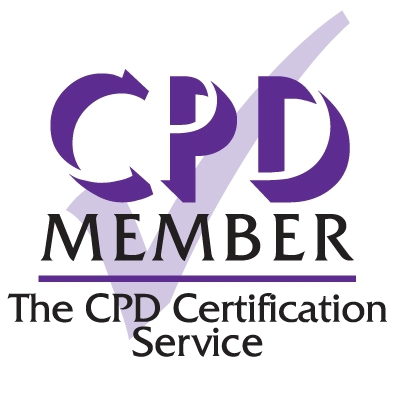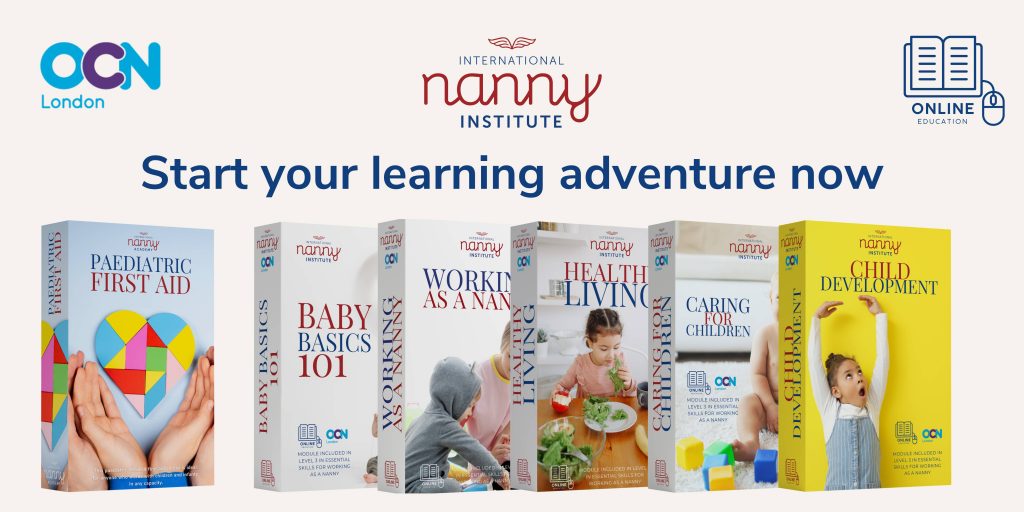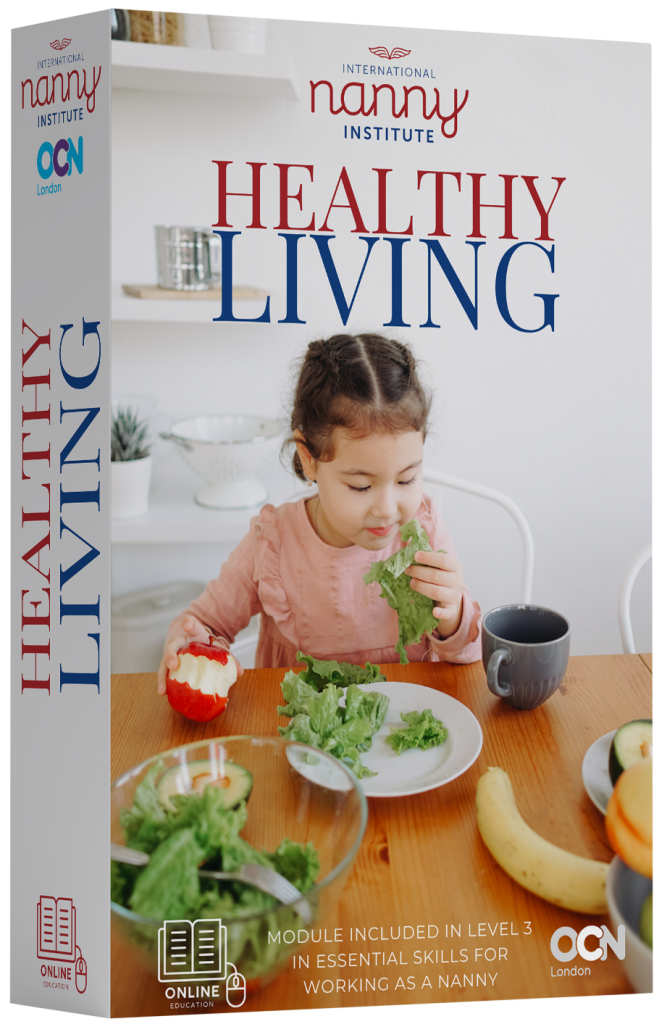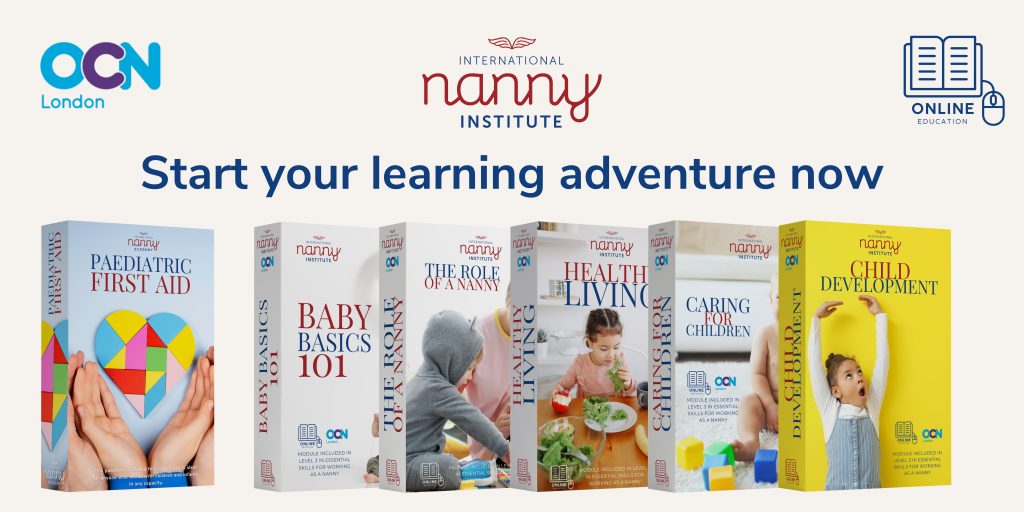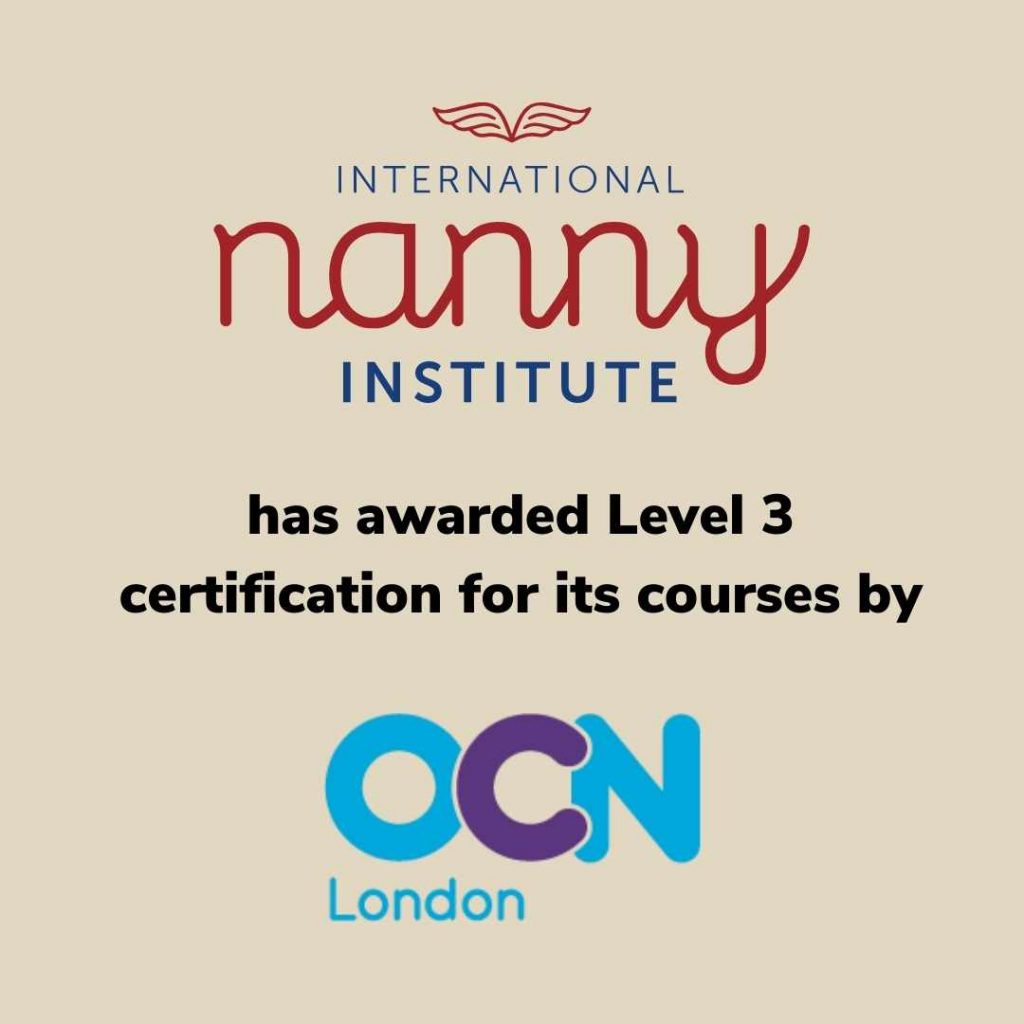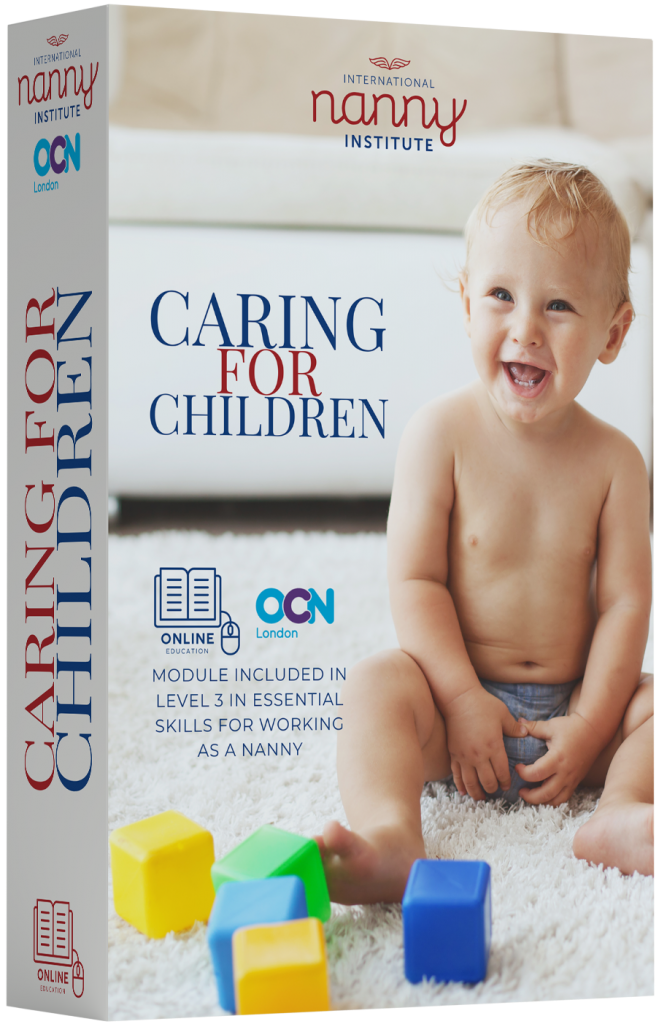Contracts are essential in any nanny-family relationship. At first, it can sound intimidating and complicated but having a contract in place is invaluable especially in situations when something unexpected arises.
If something goes wrong, a contract can ensure that fair treatment is given to both parties.
Creating a contract does not necessarily need a lawyer’s presence but you do need to make sure that the contract is fair and have both sides, the employer and employee, agree with the terms for it to be effective.
So, what are some of the key issues to consider when drafting a contract?
Pay/Salary

This is the most important factor in every working contract, so it’s important to be clear on exactly what the nanny will be paid and by when.
You should set down in the contract what a nanny’s normal working hours will be, if and when overtime will be paid and at what rate.
You contract should be clear about holidays and sick days, how many are allowed, whether they are paid or unpaid adn all of this should reflect employment law in the main country of residence.
Another area you will need to consider is tax and insurance, which will again need to reflect the relevant employment law. In some countries the employer is responsibly for paying taxes, in others it is the employees responsibility to file taxes.
You should also state in the contract whether there will be a trial period of 15 days that can serve as a probationary period, this is a good clause to include for both parties as it allows you both to change your mind if it becomes apparent early on that you aren’t the right fit for each other.
In the contract, you should also state when the nanny will have a performance review where they can renegotiate their salary.
House Rules

The nanny-family relationship requires lots of trust and respect from both sides since it is such an intimate role; a family is letting someone into their house and their lives and a nanny is becoming an integral part of the family, sometimes living in the same house, but certainly spending many hours in the family’s home.
Establishing clear expectations, and setting them down on paper, is really important.
The contract is a good space to clearly describe your expectations of your nanny, and what the nanny can expect from you in return.
- For example, will there be a room or space intended solely for the nanny?
- Are visitors allowed during work hours?
- What are the house rules on drinking?
These are all important matters that should be considered and written into the contract.
Childcare Expectations

A nanny’s contract needs to contain a detailed outline of their roles and responsibilities.
In the contract you need to be clear not only about the hours that will be worked but what the nanny is expected to do within those hours.
- Will the nanny be driving the child to school and doctor’s appointments?
- Is housekeeping included in their duties?
- Do you expect the nanny to care for other children when your own child has a playdate?
All of these expectations must be made clear in the contract otherwise the nanny has the right to refuse additional duties.
Benefits

A nanny should be given benefits such as paid sick leave, maternity leave and contracted holiday.
They should also have pay premiums for days they are expected to work during national holidays (keep in mind that these days are supposed to be for rest and relaxation but nanny’s are often required to work, so this should be recognised)
- If the family is going on a vacation, will the nanny be required to travel with them?
- And how will this be compensated?
All of this needs to be considered and included in a Nanny contract.
End of Contract

The nanny contract will also need to stipulate how and when a contract will end.
- You will need to consider the following questions:
- If the nanny decided to leave, how long should the notice be?
- What are the grounds for termination?
- When is the nanny let go without prior notice?
- Is there a severance pay in any particular circumstances?
All of these stipulations will need to reflect employment law in the relevant countries.
It is needed by both parties to hold on to their right and safety.
If you are a family looking for a nanny, then you need to create a contract between yourselves and your nanny in order to protect the rights and safety of all involved.
You should have the potential candidate involved in drawing up the contract so that it is democratic and fair.
Remember, this contract is considered valid as long as both parties agree and sign it.





